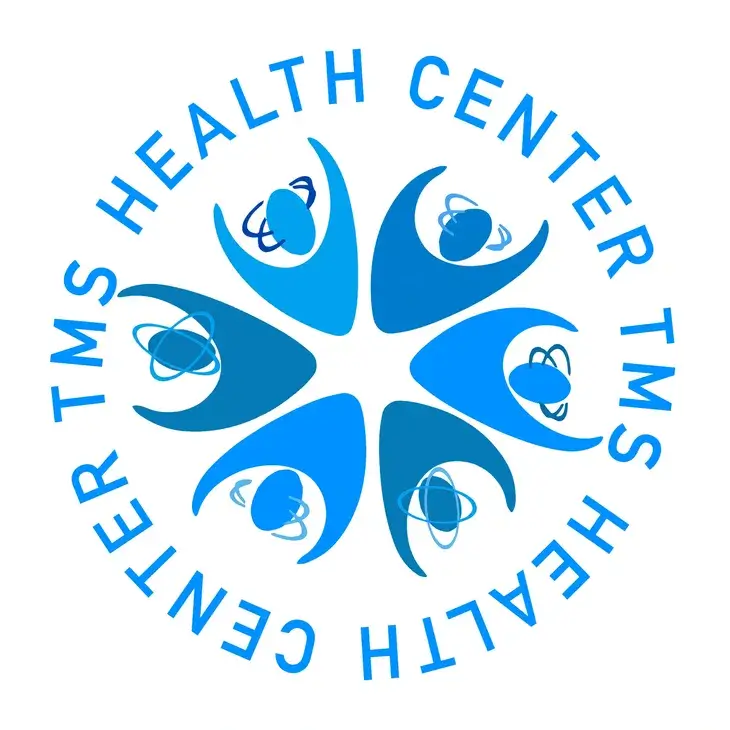Dizziness
Dementia is a general term for a decline in mental ability that interferes with daily life. It’s not a single disease but a group of symptoms affecting memory, thinking, and social skills. Alzheimer’s disease is the most common cause, but other types include vascular dementia, Lewy body dementia, and frontotemporal dementia. While it’s more common in older adults, dementia is not a normal part of aging. Early detection and care can make a significant difference in quality of life.
Dementia can take many forms, depending on the underlying cause:
- Alzheimer’s Disease: The most common type, marked by memory loss, confusion, and behavioral changes.
- Vascular Dementia: Caused by reduced blood flow to the brain, often after a stroke.
- Lewy Body Dementia: Involves abnormal protein deposits in the brain, leading to cognitive decline, hallucinations, and movement issues.
- Frontotemporal Dementia: Affects the front and sides of the brain, causing personality and behavior changes.
- Mixed Dementia: A combination of two or more types, such as Alzheimer’s and vascular dementia.
Each type progresses differently and may require unique management strategies.
Dementia symptoms vary but often include:
- Memory loss, especially for recent events
- Difficulty completing familiar tasks or solving problems
- Confusion about time, place, or people
- Trouble communicating, including finding the right words
- Changes in mood, personality, or behavior
- Difficulty with coordination and movement
If you notice persistent cognitive changes in yourself or a loved one, it’s important to seek evaluation.
Diagnosing dementia involves multiple steps:
- Medical History and Symptoms: Your doctor will ask about memory changes, daily challenges, and any family history of dementia.
- Cognitive Testing: Simple assessments like recall tasks or problem-solving exercises can help gauge memory and thinking skills.
- Neurological Exam: Evaluates reflexes, sensory responses, and balance.
- Imaging Tests: MRI or CT scans may be used to identify brain changes, such as shrinkage or structural abnormalities.
- Lab Tests: Blood work can help rule out conditions like vitamin deficiencies or thyroid problems that mimic dementia.
This comprehensive evaluation helps determine the type and severity of dementia.
While there is no cure for most types of dementia, treatments focus on improving symptoms and quality of life:
- Medications: Cholinesterase inhibitors and memantine can help manage cognitive symptoms in conditions like Alzheimer’s.
- Therapy: Occupational therapy can assist with adapting to daily challenges and maintaining independence.
- Lifestyle Adjustments: Regular exercise, a healthy diet, and social engagement can help slow progression.
- Support Services: Counseling, support groups, and caregiver education are crucial for managing the emotional and practical aspects of dementia.
Early intervention and a tailored care plan can make a meaningful difference for individuals and their families.
